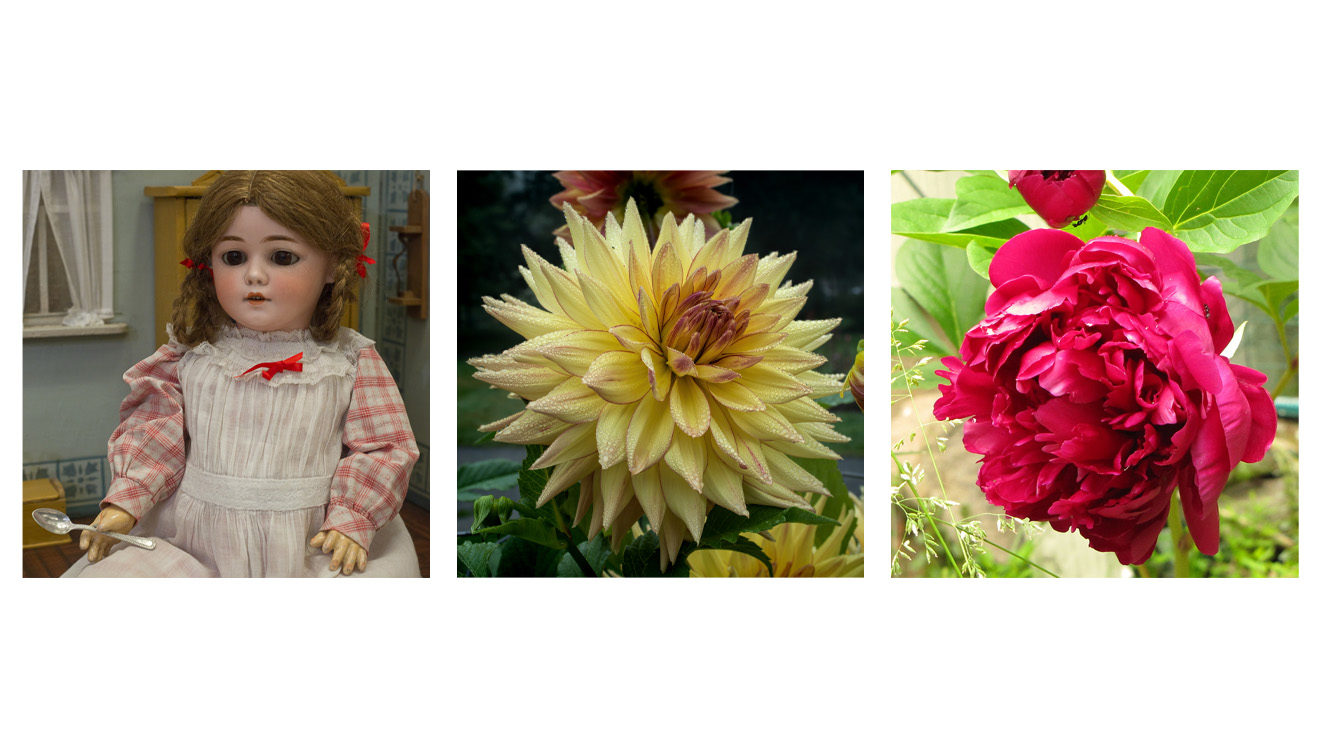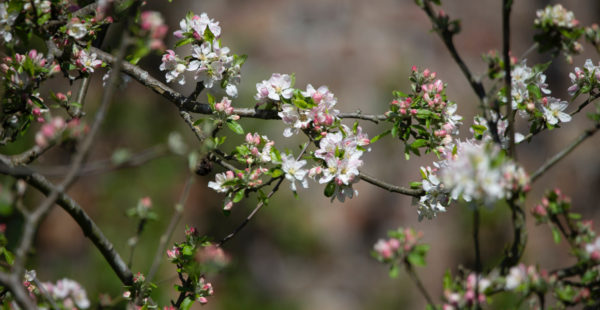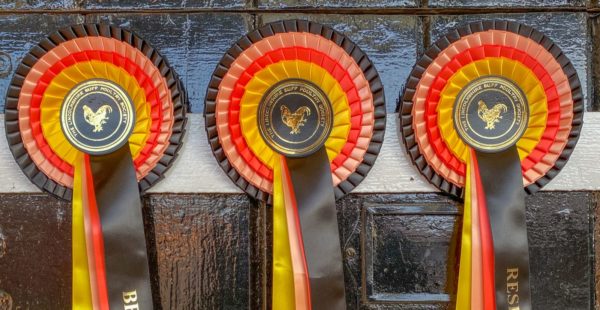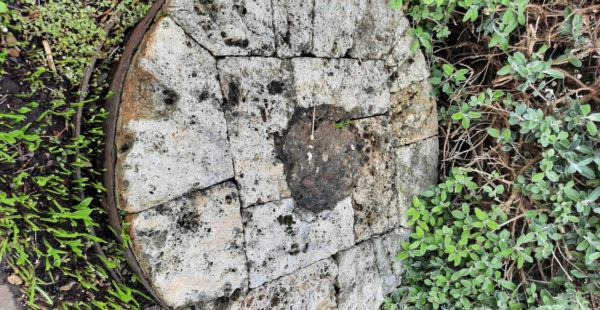Granny’s at Brinkhill – Chapter Three
My meal finished, I was allowed to get down from the table while the others had their pudding. This was my opportunity to jump on Uncle Jack’s knee. He was by now sitting in Granny’s rocking chair smoking his pipe before going back to work. He was a tall man, like Grandad who came from the Norfolk coast and never lost his Norfolk burr. I think they were both about six feet tall. Granny’s other three sons – Dad, Uncle Bert and Uncle Horace – were shorter and more stockily built. Their ancestry quite possibly went back to the Celts in the area who, we are told, first trod the Bluestone Heath roadway long before the Romans arrived. Uncle Jack was pure Viking. He was lean and sinewy with strikingly red curly hair. He could have been a body double for Bjorn Borg.
I liked to play with his ears, pretending that they were sheepfolds. I used to bend the lobes upwards, imagining that the sheep were inside, then let the lobes fall, beaming as I did so, to let the sheep out. I must have been a nuisance but he never said a word; he just kept puffing away, looking slightly amused. Granny would say, “leave him alone, give him a bit of peace,” but she would chuckle. Eventually he would puff smoke out of the side of his mouth in my direction. I would squeal and jump off his knee and he would stand up and go back to work. I don’t know what his work was when I was very young, but later I think he was gamekeeper and groom for Mr and Mrs Bell at the Manor. When I was older, I met him at a family funeral. He told me that he would only be there for the service as he preferred his pheasants to people. The church at Brinkhill was packed for his own funeral so he must have made a few exceptions.
While I was playing at being shepherdess with Uncle Jack’s ears, the women finished their meal. Granny’s strict routine meant that as soon as dinner was over, the washing-up started immediately. The table, which was permanently covered with oilcloth, was cleared and the crockery stacked ready. A large white enamel bowl was brought out and filled with hot water from one of the boilers. Soda was added to cut the grease and it also scoured the hands. This was all pre-Fairy Liquid and pre-rubber gloves too, if I remember correctly. We couldn’t even have conceived of a dishwasher in a house lit by oil lamps and candles.
While the women dealt with this chore, I would often go into the garden. I was allowed to play with Beryl’s little black wooden doll’s pram and her lovely German porcelain doll with eyes that opened and closed, real hair and beautiful clothes. Dolls like that were not available now that the country was at war with Germany. Mine was a pot doll and I loved her, but her eyes were painted onto her face and wouldn’t move. She had no hair, just a sort of wave-patterned imprint on her pot head. As I went out of the back door, Granny would remind me not to go out of the gate into the farmyard, so I always turned left onto the narrow pathway at the side of the house which led to the garden. It was bordered by low box-hedges and I liked the smell that they gave off, especially in warm weather. I liked to run my fingers along a small sprig and feel the tiny leaves come off in my hand, leaving their scent behind.





